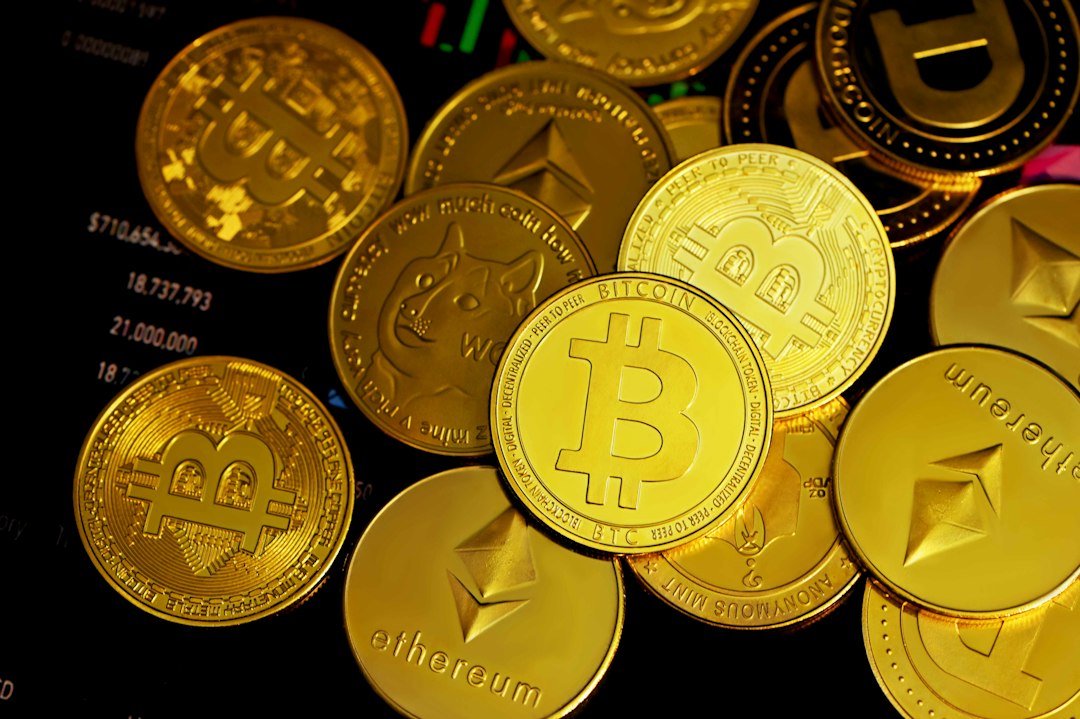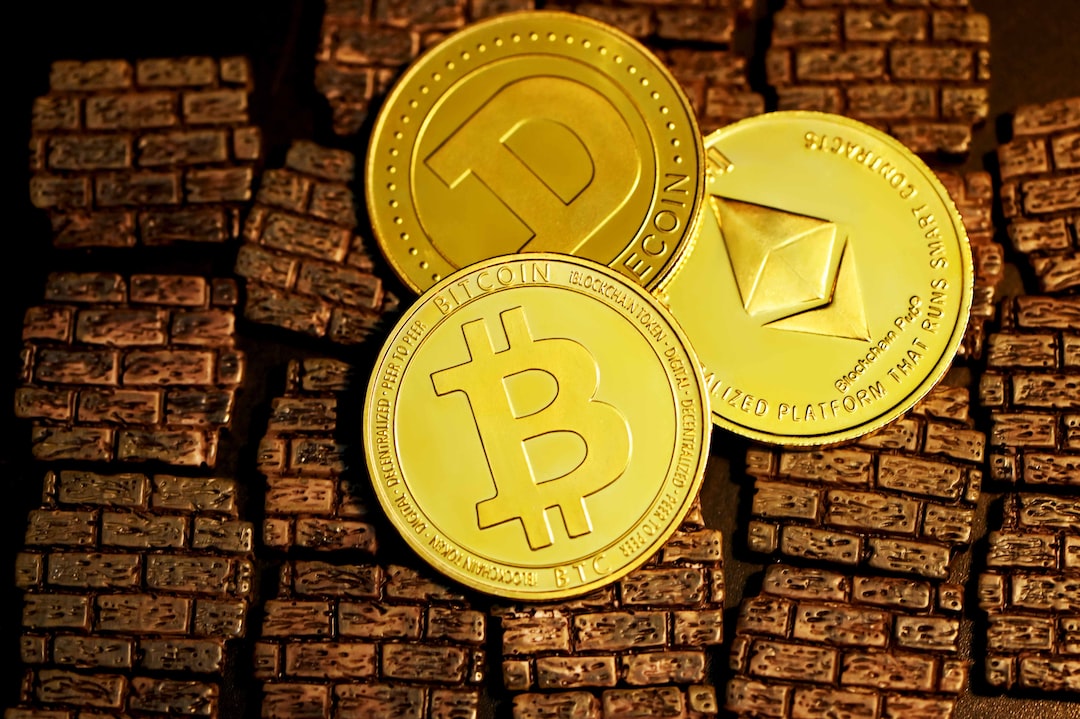Court Issues Mixed Ruling in SEC vs. Ripple Lawsuit
In the ongoing legal battle between the U.S. Securities and Exchange Commission (SEC) and Ripple, both parties have submitted their summary judgment motions, and the court has issued a mixed ruling. The SEC’s motion for summary judgment was granted only in relation to Institutional Sales, while Ripple’s motion for summary judgment was granted for Programmatic Sales, Other Distributions, and sales by Larsen and Garlinghouse.
Judge Torres’ Elaboration
Judge Torres explained that Larsen’s and Garlinghouse’s XRP sales were programmatic and executed through blind bid/ask transactions on digital asset exchanges. She stated that these transactions did not meet the criteria to be considered investment contracts under the Howey Test. XRP, as a digital token, also did not inherently meet the requirements for an investment contract. Additionally, she noted that secondary market sales of XRP could not be classified as investment contracts since the funds did not trace back to Ripple.
Uncertainty Surrounding Ripple’s Use of XRP
Attorney Bill Morgan shared insights on Twitter regarding the regulatory status of Ripple’s use or sales of XRP. While XRP itself is not classified as a security, the SEC’s intent to appeal creates uncertainty. Morgan questioned whether Ripple or its customers could confidently avoid SEC scrutiny until the lawsuit and any appeals were fully resolved.
Morgan also mentioned that although Ripple might eventually include XRP in its Liquidity Hub, it currently features more liquid cryptocurrencies like Bitcoin, Ether, USDC, and USDT. He emphasized that Ripple prioritizes its shareholders and customers over XRP holders, echoing the court’s finding that XRP is not a security.
Hot Take: Ripple Faces Uncertain Future Amidst Legal Battle
While the court’s mixed ruling brings some relief to Ripple, the lawsuit’s outcome remains uncertain due to the SEC’s intent to appeal. This leaves Ripple and its customers in a state of ambiguity regarding the regulatory status of XRP. Additionally, Ripple’s focus on more liquid cryptocurrencies and its lack of legal obligations to XRP holders suggest a shifting prioritization within the company. As the legal battle continues, Ripple’s future hangs in the balance.
Featured Image via Pixabay





 By
By
 By
By
 By
By

 By
By
 By
By